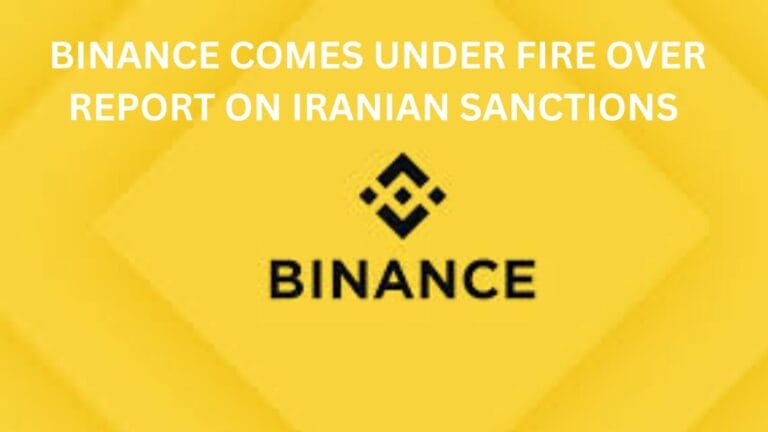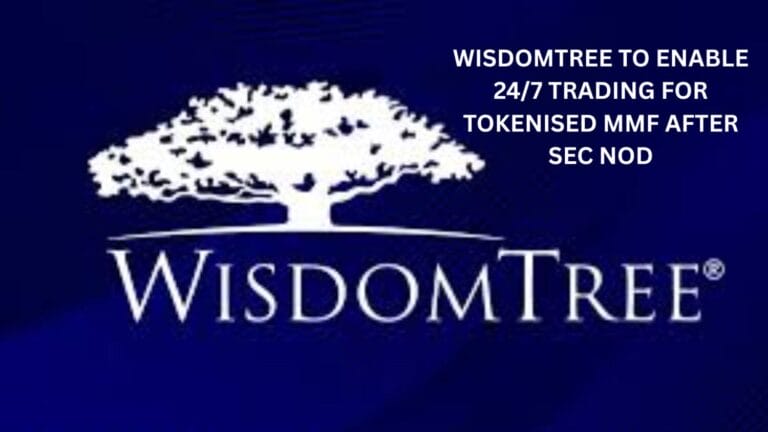Key Takeaways
- Brazil launched its own blockchain network on Thursday after the Uniam Court of Accounts (TCU) and the Brazilian Development Bank (BNDES) committed to collaborate.
- The Brazilian Blockchain Network (RBB) is still in progress, but it will be used in a number of governmental institutions to improve citizen services and provide better transparency on government spending.
- For many officials and legislators, blockchain technology’s incorruptibility is a two-edged , since it makes it a lot easier to uncover any form of corruption, embezzlement, or unlawful activity, which TCU seeks to prevent.
To reap the full benefits of the crypto world, it is necessary to go beyond simply regulating cryptocurrencies. Brazil’s most recent approach to blockchain and digital money demonstrates that the Federative Republic completely understood the assignment!
Brazil is using the decentralised nature of blockchain technology to combat public-sector corruption.
Owing to a collaboration agreement between the Uniam Court of Accounts (TCU) and the Brazilian Development Bank, Brazil’s new government blockchain network was operational on May 30. (BNDES).
The launch was broadcast live on the Court of Accounts of Uniam’s official YouTube channel. The purpose of the gathering was to discuss the project’s technical components based on the experiences of numerous guests (public officials, company executives, and representatives of university institutions).
The president of the Brazilian Creation Bank, Gustavo Montezano, who is in charge of the network’s development, stated that the organisation will make agreements with other government institutions to collaborate on the project, noting that “the more individuals participating collectively, the better.”
Montezano also claimed that the Brazilian Blockchain Network’s next step would be to move out of the lab and produce a workable production model, allowing other third parties to focus on developing apps for the network.
Gladstone Arantes, the head of blockchain efforts at the Development Bank of Brazil (BNDES), delivered an update on the project earlier in March. She explained that the framework they created will provide a secure platform for institutions to build applications on.
The network is still in its early phases of development in these institutions’ laboratories, with working applications planned by 2023. Gladstone Arantes revealed in March that the network’s design would be built on a proof-of-authority consensus method, with no mining on top of it.
This is just one component of the country’s larger efforts to implement blockchain technology into government operations for a more efficient and transparent process. This extends beyond simply regulating cryptocurrency from a financial standpoint, which is certainly something that many lawmakers in the country are interested in.
The Blockchain Network Can Assist in the Fight Against Corruption:
One of the most pressing issues that this network aims to address is Brazilians’ mistrust of government institutions. Brazil’s approach to blockchain and digital currency has progressed beyond simple cryptocurrency regulation. The country is now using the blockchain network to aid in the battle against bribery and corruption in general.
The blockchain rules and limits will be developed to replace current practices. According to Montezano, the initiative has the ability to meet these goals. He explained, the Brazilian Blockchain Network has the potential to significantly alter the way the public sector operates in terms of transparency, efficiency, and security.
The network offers advantages in auditing data provided for public spending, according to Ana Arraes, president of Uniam’s TCU. “Blockchain technology is becoming extensively debated because it offers more protection, openness, and integrity in the storing of information in public databases,” she explained.
The use of distributed ledger technology in public bodies has been advocated numerous times in Latin America, and it has already been deployed in nations such as Colombia, Peru, and Argentina, where citizens can inspect some government actions.
Colombia announced the establishment of a three-month pilot project using blockchain technology to combat corruption towards the end of 2021.
Aside from that, Brazil is now assessing the possibility of a stable coin known as Real Digital. It selected nine partners, including Mercado Bitcoin, to construct the country’s central bank digital currency earlier this year (CBDC). As per Central Bank, a pilot programme will begin this year and will be completed by 2024.









